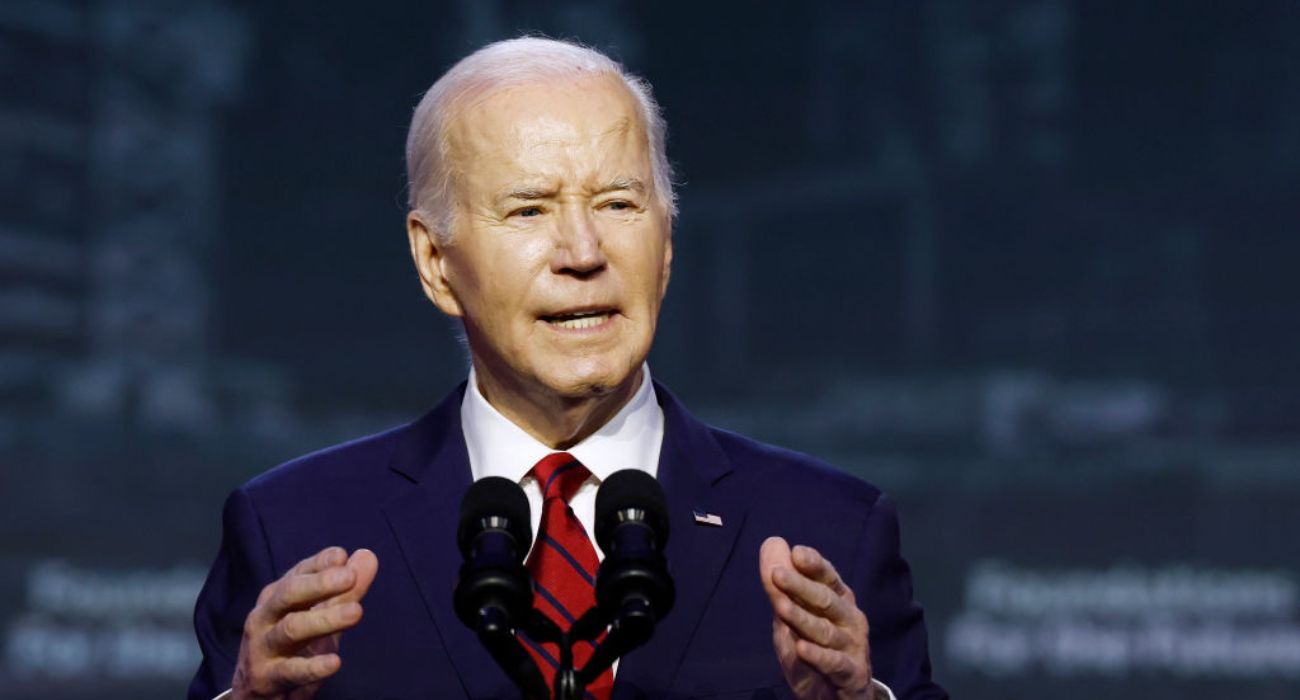As marijuana usage becomes more prevalent in the nation, some activists are suggesting that businesses adjust their drug policies in kind, especially as companies struggle to fill vacancies
A few weeks ago, the Biden administration announced pardons of people convicted on felony charges of simple marijuana possession and urged all state governors to do the same.
In Texas, a UT-Tyler poll conducted this week found that 72% of respondents in the state favor legalizing medicinal marijuana, while 56% support legalizing it for recreational use.
Some business experts suggested employers should allow their guidelines to mirror these evolving perspectives on the substance.
Mark Neuberger, with Foley & Lardner LLP’s cannabis industry team, told The Business Journals that the differing views on marijuana pose several challenges for employers.
“The law on this issue varies widely among the states and is rapidly changing, so many employers are just giving up on cannabis testing,” Neuberger said, noting that testing employees for cannabis use is now outlawed in states like New York and New Jersey.
“Some states believe a worker’s employment shouldn’t be at risk if they used cannabis over the weekend but will invariably test positive days or even weeks later,” Neuberger continued.
But this worries employers, he explained, because “no state allows employees to use cannabis while at work, even if it is for sanctioned medical use.”
Still, Kathryn Russo, a principal at Jackson Lewis PC, said that medical marijuana users are classified as “disabled” under state anti-discrimination laws, so employers must be careful that their employment policies do not constitute disability discrimination.
Medical marijuana is allowed in 38 states and Washington, D.C.
“Many state medical marijuana laws prohibit discrimination against medical marijuana users, so employers must be careful not to take adverse employment actions that may be viewed as discriminatory,” Russo said.
Joseph Jeziorkowski, a partner at Valiant Law, said some companies are relaxing their stance on marijuana due to the hiring climate.
“Many employers continue to desperately seek to hire workers,” Jeziorkowski said. “Naturally, these factors have caused many employers to rethink their marijuana-testing policies, which can increase their pool of applicants.”
Douglas Gerhardt with Harris Beach PLLC suggested employers develop a policy that addresses whether drug use impacts a person’s performance.
“The mere fact that someone engaged in legal use of cannabis outside of work does not mean they are impaired at work,” he said. “So employers will need to be mindful of how they enforce such policies.”
Others, however, suggest that the relaxation of marijuana policies will lead to a more dangerous workplace and have a negative effect on businesses.
Kevin Sabet, the president of anti-marijuana group Smart Approaches to Marijuana, claimed that “The increase in marijuana use and acceptance as a result of legalization and commercialization is leading to a more dangerous workplace.”
Furthermore, the organization also highlighted that “There are over 20,000 peer-reviewed research articles linking marijuana use to severe mental health outcomes, ranging from depression to psychosis, as well as consequences for physical health, and even negative outcomes for neonates exposed in utero and inhibited cognitive development.”






